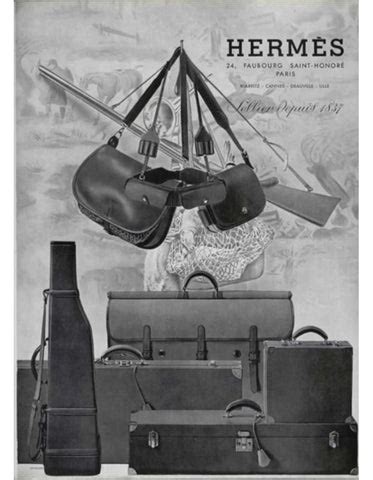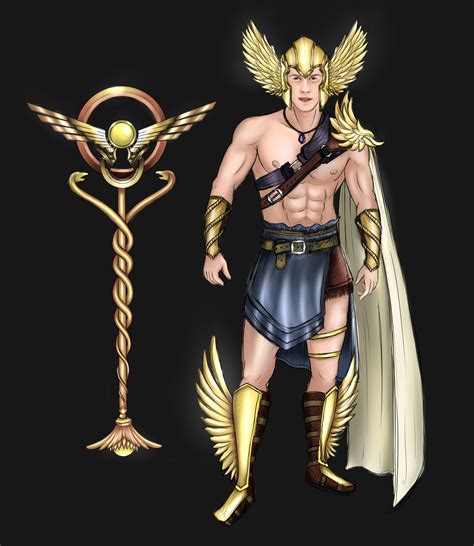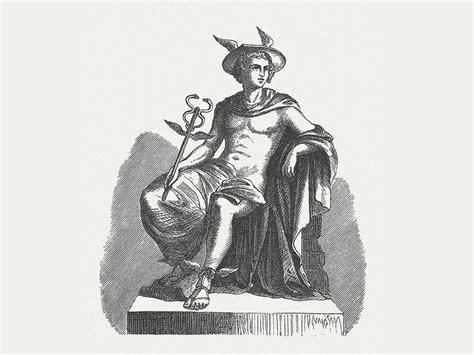hermes greco | how is hermes represented hermes greco Hermes was the god of animal husbandry, including cattle-herding, shepherding, goat-herding and even the breeding of horses and mules. In this role he represented both the protection and flourishing of the herds and their . Servisa atbalsts | gorenje-lv. Sākumlapa. Atbalsts. Servisa atbalsts. SERVISS CENTRS SIA "GENERAL SERVISS" Address: Slokas iela 52f, Riga, LV-1007. Tel.: + 371 67425232. Mob: + 371 26304860. E-mail:
[email protected] ,
[email protected]. : www.serviscentrs.lv. TSC Autorizēts Serviss. Address: Slokas iela 52f, Riga, LV .
0 · how old is hermes
1 · how is hermes represented
2 · hermes of the greek herds
3 · hermes myth
4 · hermes in ancient greece
5 · hermes greek hymn
6 · hermes family tree
7 · hermes characteristics wikipedia
This 2,4-D broadleaf herbicide is ideal for killing weeds in lawns, pastures and more. Featuring a low odor, rainfast 6-8 hours after spraying, and animal reentry okay after chemical has dried. Applicable to corn, small grains, non-crop grass areas, and more.Gordon's® LV 400 2,4-D Weed Killer Solvent Free. LV 400 2,4-D Weed Killer, a concentrated 2,4-D low-odor ester herbicide formulation used in pastures, lawns, rangeland, corn, and small grains, as well as other non-crop grass areas.
Hermes, Greek god, son of Zeus and the Pleiad Maia; often identified with the Roman Mercury. Hermes was associated with the protection of cattle and sheep. In the .Hermes was the ancient Greek god of herds and flocks, travellers and hospitality, roads and trade, thievery and cunning, heralds and diplomacy, language and writing, athletic contests .
Hermes was the god of animal husbandry, including cattle-herding, shepherding, goat-herding and even the breeding of horses and mules. In this role he represented both the protection and flourishing of the herds and their .Hermes (Greek: Ἑρμής, transl.: Hermés) was, in Greek mythology, one of the Olympian gods, son of Zeus and Maia, and possessor of several attributes.
The messenger of the gods was Hermes, known as Mercury in ancient Roman religion, and he was also a pastoral god, protecting livestock and travellers. Hermes' symbols include the caduceus – a staff intertwined with .Hermes Trismegistus (from Ancient Greek: Ἑρμῆς ὁ Τρισμέγιστος, "Hermes the Thrice-Greatest"; Classical Latin: Mercurius ter Maximus) is a legendary Hellenistic period figure that originated as a syncretic combination of the . Hermes (Mercury to the Romans), the fleet-footed messenger with wings on his heels and cap symbolizes fast floral delivery. However, Hermes was originally neither winged nor a messenger -- that role was reserved for the . The Greek god Hermes, known to the Romans as Mercury, is almost instantly recognizable thanks to his famous winged sandals and broad-brimmed, almost bowl-shaped hat.
Hermes (/ ˈ h ɜːr m iː z /; ‹See Tfd› Greek: Ἑρμῆς) is an Olympian deity in ancient Greek religion and mythology considered the herald of the gods. He is also widely considered the protector of human heralds, travelers, thieves, [2] merchants, and orators.
Hermes, Greek god, son of Zeus and the Pleiad Maia; often identified with the Roman Mercury. Hermes was associated with the protection of cattle and sheep. In the Odyssey, however, he appears mainly as the messenger of the gods and the conductor of .
Hermes was the ancient Greek god of trade, wealth, luck, fertility, animal husbandry, sleep, language, thieves, and travel. One of the cleverest and most mischievous of the 12 Olympian gods, Hermes was their herald and messenger.Hermes was the ancient Greek god of herds and flocks, travellers and hospitality, roads and trade, thievery and cunning, heralds and diplomacy, language and writing, athletic contests and gymnasiums. He was also the herald Zeus, king of the gods.Hermes was the god of animal husbandry, including cattle-herding, shepherding, goat-herding and even the breeding of horses and mules. In this role he represented both the protection and flourishing of the herds and their destruction by wild beasts (lions, wolves, boars, birds of prey).Hermes (Greek: Ἑρμής, transl.: Hermés) was, in Greek mythology, one of the Olympian gods, son of Zeus and Maia, and possessor of several attributes.
Hermes Trismegistus (from Ancient Greek: Ἑρμῆς ὁ Τρισμέγιστος, "Hermes the Thrice-Greatest"; Classical Latin: Mercurius ter Maximus) is a legendary Hellenistic period figure that originated as a syncretic combination of the Greek god Hermes and the Egyptian god Thoth. [1] The messenger of the gods was Hermes, known as Mercury in ancient Roman religion, and he was also a pastoral god, protecting livestock and travellers. Hermes' symbols include the caduceus – a staff intertwined with two snakes – as well as his winged sandals and cap, and a tortoise. The Greek god Hermes, known to the Romans as Mercury, is almost instantly recognizable thanks to his famous winged sandals and broad-brimmed, almost bowl-shaped hat.In this portrait Hermes (Roman Mercury) is depicted as a youthful god with a winged cap and caduceus wand.
Hermes (/ ˈ h ɜːr m iː z /; ‹See Tfd› Greek: Ἑρμῆς) is an Olympian deity in ancient Greek religion and mythology considered the herald of the gods. He is also widely considered the protector of human heralds, travelers, thieves, [2] merchants, and orators. Hermes, Greek god, son of Zeus and the Pleiad Maia; often identified with the Roman Mercury. Hermes was associated with the protection of cattle and sheep. In the Odyssey, however, he appears mainly as the messenger of the gods and the conductor of . Hermes was the ancient Greek god of trade, wealth, luck, fertility, animal husbandry, sleep, language, thieves, and travel. One of the cleverest and most mischievous of the 12 Olympian gods, Hermes was their herald and messenger.

Hermes was the ancient Greek god of herds and flocks, travellers and hospitality, roads and trade, thievery and cunning, heralds and diplomacy, language and writing, athletic contests and gymnasiums. He was also the herald Zeus, king of the gods.Hermes was the god of animal husbandry, including cattle-herding, shepherding, goat-herding and even the breeding of horses and mules. In this role he represented both the protection and flourishing of the herds and their destruction by wild beasts (lions, wolves, boars, birds of prey).Hermes (Greek: Ἑρμής, transl.: Hermés) was, in Greek mythology, one of the Olympian gods, son of Zeus and Maia, and possessor of several attributes.
Hermes Trismegistus (from Ancient Greek: Ἑρμῆς ὁ Τρισμέγιστος, "Hermes the Thrice-Greatest"; Classical Latin: Mercurius ter Maximus) is a legendary Hellenistic period figure that originated as a syncretic combination of the Greek god Hermes and the Egyptian god Thoth. [1] The messenger of the gods was Hermes, known as Mercury in ancient Roman religion, and he was also a pastoral god, protecting livestock and travellers. Hermes' symbols include the caduceus – a staff intertwined with two snakes – as well as his winged sandals and cap, and a tortoise.
how old is hermes
how is hermes represented
The Greek god Hermes, known to the Romans as Mercury, is almost instantly recognizable thanks to his famous winged sandals and broad-brimmed, almost bowl-shaped hat.

hermes of the greek herds
hermes myth
hermes in ancient greece

However, you need to read your actual product label to see if additional precautions exist because of the formulation. For example, lactating dairy cows are not to graze herbicide-applied fields for seven days, hay is not to be harvested for 14 to 30 days (depending on the product), and meat animals should be removed three days before .
hermes greco|how is hermes represented
























